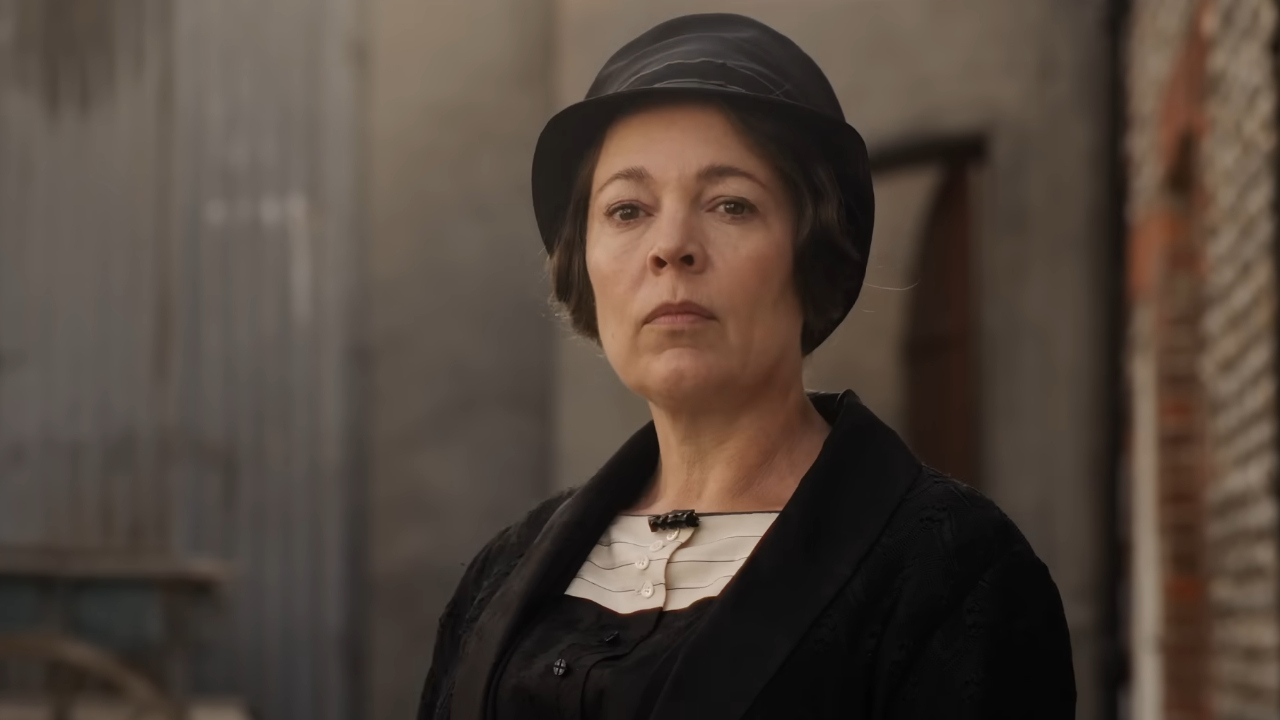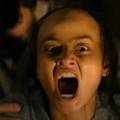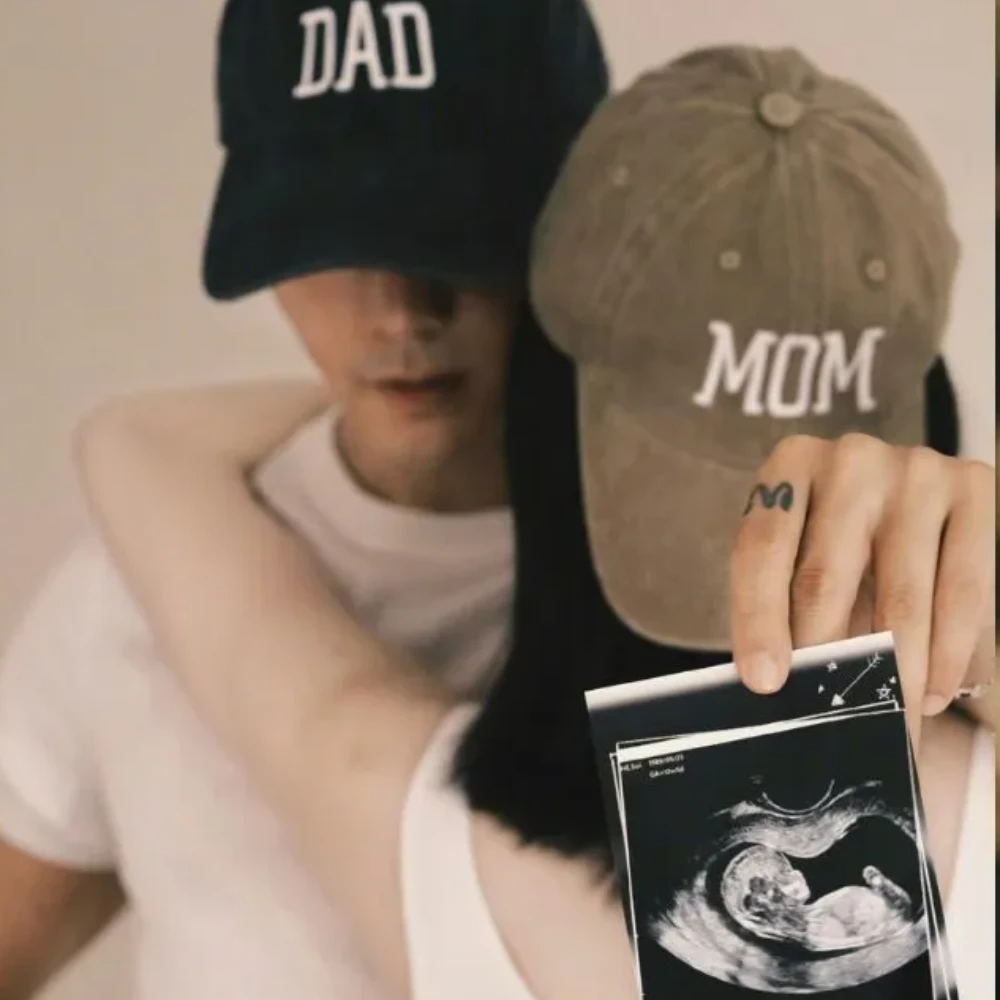Wicked Little Letters: Who Was Actually Writing the Letters? Explained
Premiered at the Toronto International Film Festival in September 2023, Thea Sharrock’s film Wicked Little Letters stars Olivia Colman, Jessie Buckley, and Anjana Vasan, among others.

Disclaimer: This article contains spoilers for Wicked Little Letters.
Starring Olivia Colman, the latest British black comedy film Wicked Little Letters dropped on Netflix on July 26 and has since become one of the most-watched movies in the UK and Ireland. Touted to be based on a true story, the movie covers the outrageous and scandalous case of Littlehampton's poison-pen letters.
First premiered at the Toronto International Film Festival on September 9 last year, the film, directed by Thea Sharrock, had a theatrical release in the UK in February 2024. We are here to delve deeper into the real-life story of the movie and who actually wrote those letters.
What is the story of Wicked Little Letters?
Set in 1920 during the suffragette movement in Britain, the movie centers on Irish immigrant Rose Gooding (Jessie Buckley) and her old acquaintance Edith Swan (Colman) in the small seaside town of Littlehamptom. Edith accuses Rose of sending numerous derogatory and pornographic letters. While Edith strictly maintains Rose is guilty, she denies writing the letters because she's already so vocal in real life.
Ultimately, Edith reports her noisy and unruly neighbor, Rose, to child protective services. When the latter is put on trial, the scandal throws their small town into disarray, prompting Edith's friends and Gladys (Anjana Vasan), the sole female police officer in the community, to look into who the real culprit is.
Is Wicked Little Letters a real-life story?
The movie is inspired by the events that happened in Littlehampton between 1918 and 1923, despite the fact that it occasionally employs artistic freedom. In reality, Rose and Edith were both genuine people.
The story traces back to 1918, when Rose relocated to Littlehampton, a little seaside town in Sussex. Three years before her marriage to Bill (Malachi Kirby), Rose had welcomed her daughter Dorothy into the world out of wedlock, which was not socially acceptable at the time.
Rose, however, soon befriended neighbor Edith, as they bonded over their household chores. While Rose gave Edith a tin bath, Edith typed down a chutney recipe and gave Rose knitting patterns for socks. However, Edith's retaliation for their disagreement over their shared garden caused their friendship to turn sour quickly.
Under Rose's identity, Edith began to write vulgar postcards that were rife with profanity and baseless charges. According to the Daily Mail, which covered the story at the time, the remarks started off as simple as “cow” and “bloody” but eventually became more vulgar.

Edith even wrote to her fiancé Bert, who was serving in the British Army in Iraq at the time, pretending to be Rose, informing him that she had become pregnant by someone else and that they had to cancel their wedding.
Edith, who may have suffered from mental illness, then started a private prosecution against Rose. In September 1920, the latter appeared before Littlehampton magistrates and was charged with criminal libel. Rose served three months in prison before going back home.
But Edith persisted, submitting additional letters and getting Rose back in court, so her ordeal wasn't done yet. Rose's attorney tried to clear her name by presenting the handwritten chutney recipe and knitting instructions that Edith had given her, pointing out that the handwriting was similar to the letter penmanship.
However, Rose's attorney was unable to prevent her 12-month imprisonment.
Who actually penned the letters?
Rose's second sentence was soon followed by the unraveling of Edith's web of lies. The latter wrote further profanities in a notebook and sent it to the police when Rose was given a second sentence. She said the notebook was discovered on a street close to the Gooding family's home.
Despite appearing to be an attempt to bolster her case against Rose, Edith's actions had the opposite effect, since the police noticed handwriting similarities between Edith's letter and the notebook.
After serving her sentence for three months, Rose was released.
Scotland Yard dispatched Inspector George Nicholls to look into the libel case after learning of the notebook incident. Gladys, a neighboring shed sitter hired by George to keep an eye on the Swans' residence, saw Edith flinging a piece of paper close to Violet May's rear door. Rose had already targeted her neighbor, Violet.
When Edith was tried in 1921, the judge didn't think she was capable of using such derogatory language. Detectives didn't come up with a strategy to obtain sufficient evidence to find Edith guilty until 1923. When Edith attacked again in June of the following year, the investigators were able to track down the postage stamps because they had marked them with invisible ink and told the post office to sell them to Edith. The jury at Lewes Crown Court found Edith guilty in July.
Edith was given a 12-month prison sentence by Judge Avory, who allegedly expressed his inability to understand how a “respectable, clean-mouthed woman” like Edith could have written such “filth.”
ALSO READ: Is Wicked Little Letters Based On A Real-Life Story? True Incident Behind Movie Explored





 JOIN OUR WHATSAPP CHANNEL
JOIN OUR WHATSAPP CHANNEL














































































